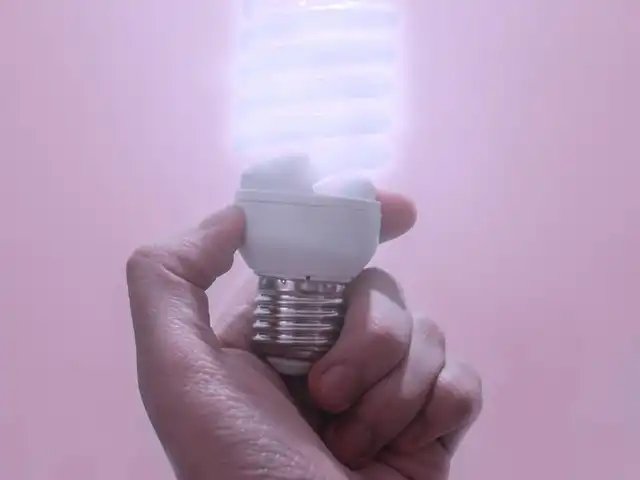
One only needs to look at the unusual weather patterns that have become the new normal around the country, and across the world, to understand the effects of climate change. “Yes, major international policy changes are needed to curb the effects of climate change, but as individuals we always have a responsibility to ensure a sustainable planet, in whatever small way,” Elmarie Bester, Principal Leapfrog Faerie Glen believes.
“Change starts at home” is an old adage that is particularly relevant to the small adjustments we can make to our homes to make them more eco-friendly and help to lower their carbon footprint in the long run.
“People often think that ‘going green’ is going to cost them a fortune, but they overlook the smaller, more affordable steps that can be taken to tick a few green boxes,” Bester explains. She adds that choosing with the environment in mind is often the most cost-effective option in the long run. “Some interventions, like solar panels for examples, might require a large capital outlay at the beginning but beyond the break-even point it starts to pay for itself.” Sophisticated systems are typically more efficient, which ensures compounded savings over an extended period of time.
In most homes the size of the carbon footprint can usually be traced to the water and energy usage. Bester points out that by reducing and managing water and energy usage, the property’s eco credentials already go up by a couple of points. Here’s how to go about it, and more.
Be more water wise
Hardly a week goes by without the news media reporting on a drought-related issues in some part of the country. “The reality is that we live in a water scarce country, which means we need to make every drop count,” Bester believes.
The best way to be smarter about water usage is simply to reduce the amount you use. “It’s nothing we haven’t heard before but it’s important to be reminded of it nevertheless – things like opting for a shower over a bath, only doing full loads of laundry (good for electricity efficiency too), and using grey water to flush the loo,” Bester suggests.
Outside the home, make sure to get a pool cover to prevent water evaporation in the heat. A rainwater tank is definitely also a worthy investment if you’d like to keep your garden lush all year round.
“Where possible, opt for a more sophisticated system that allows water to run off from the roof and gutters into the tank, rather than just having a tank that it needs to be rained into,” Bester says.
If you’re keen to take the efficiency further, consider installing a low-flow shower head as they are known to use up to 50% less water than ordinary one. Similarly, a low-flow toilet uses less than 5 litres of water per flush, whereas a toilet that doesn’t have the low-flow system can use up to 26 litres of water per flush.
Be more energy efficient
Managing the amount of electricity you use in your home is key to reducing the size of the property’s carbon footprint.
Like water, using less electricity is the first step but interventions like replacing incandescent lightbulbs with compact fluorescent lamps are a great first step as the latter use 75% less energy than the former and also last 10 times longer.
For 30% of the hours in a year in South Africa we enjoy sunshine. “For those with the means, solar panels are a wonderful investment in the value of your property and the wellbeing of the planet,” Bester points out. “While a home solar system requires a substantial capital outlay at the outset, research suggests that the cost can be recovered in as little as three years.”
What’s more, a solar system requires very little maintenance and can save you up to 60% on your monthly electricity bill.
Reduce, recycle & reuse
Whether you’re renovating or redecorating, consider sourcing and shopping second-hand.
“From window frames to fireplaces, window frames and sanitaryware, a wide range of building materials can be bought second-hand. Even the most eco-friendly building materials are taken from the earth, where opting for something pre-used prevents new resources being exploited,” Bester says.
Looking for new coffee table, dresser or rug, shop around for pre-loved items before buying new. Try second-hand shops on the high street or online platforms like Facebook marketplace or Gumtree. It’s likely to save you a few hundred Rand too.
Great changes start with small steps and thoughtful considerations. Simply commit to doing what you can, when you can in and around the home to reducing your property’s carbon footprint.
Author: Leapfrog

